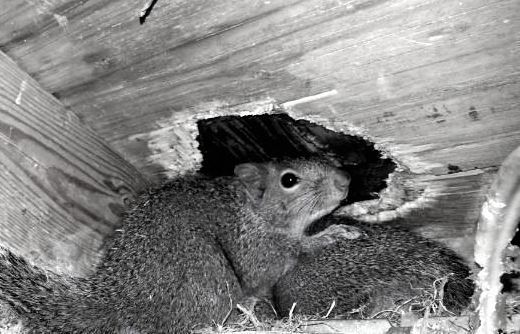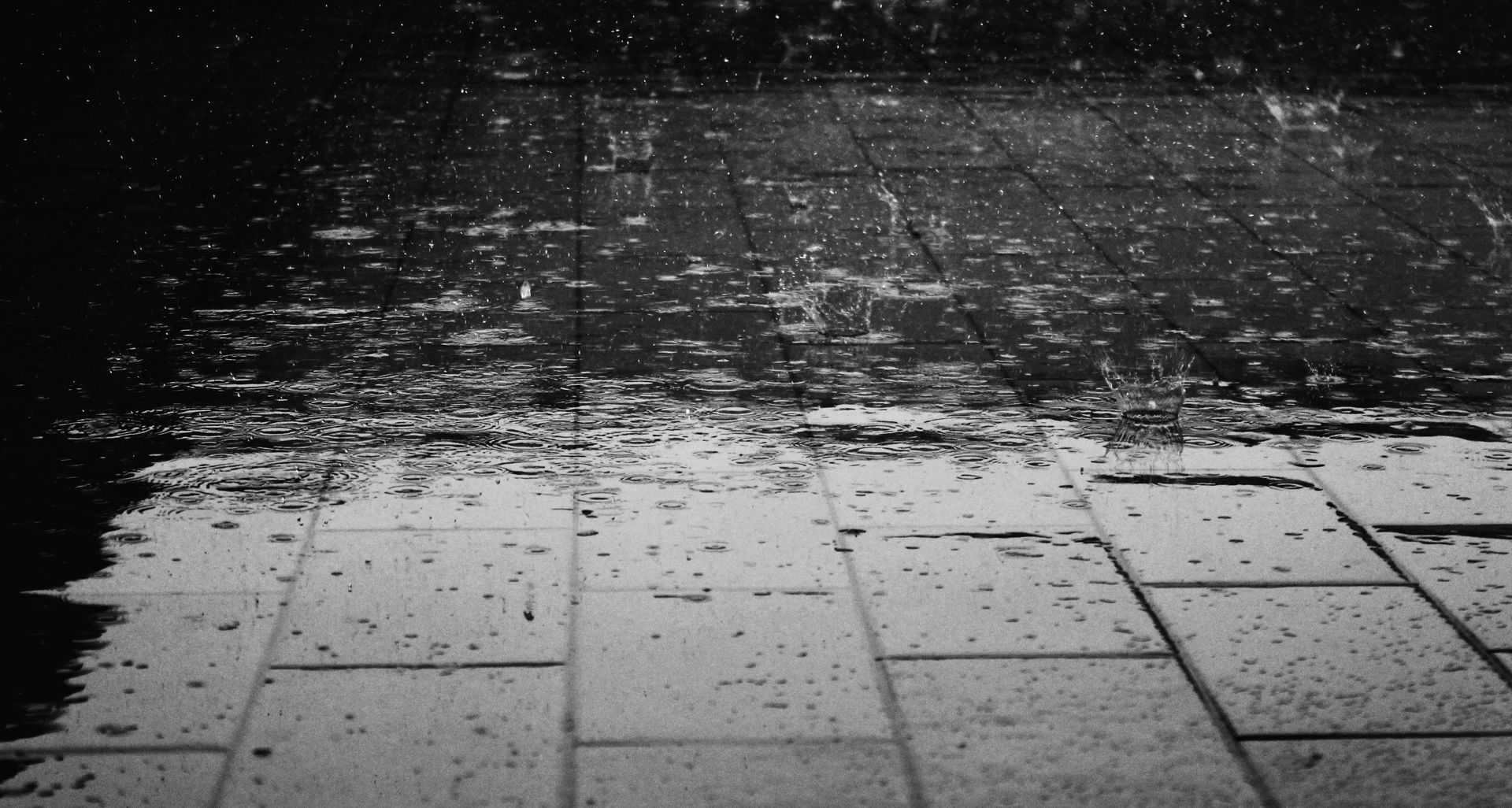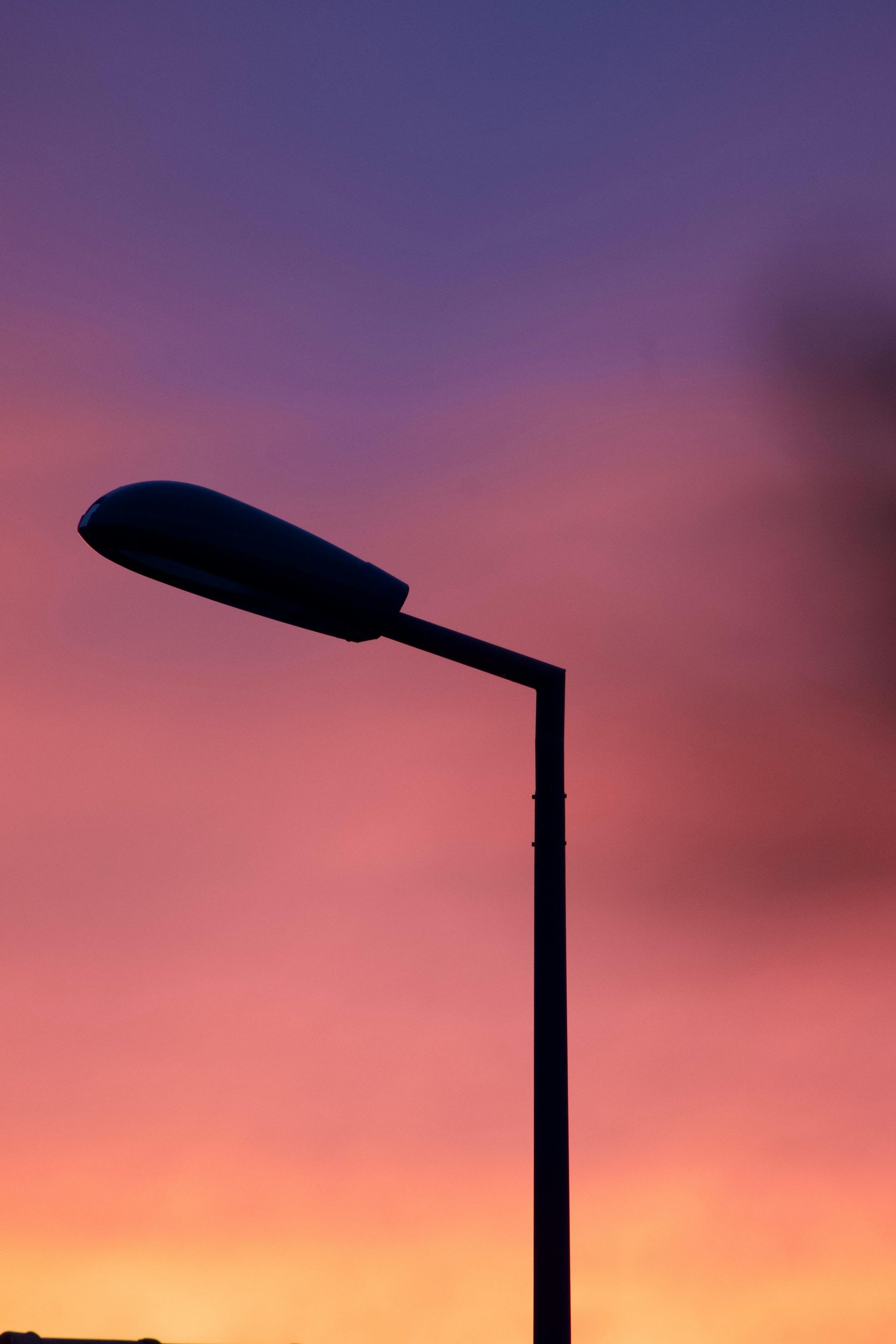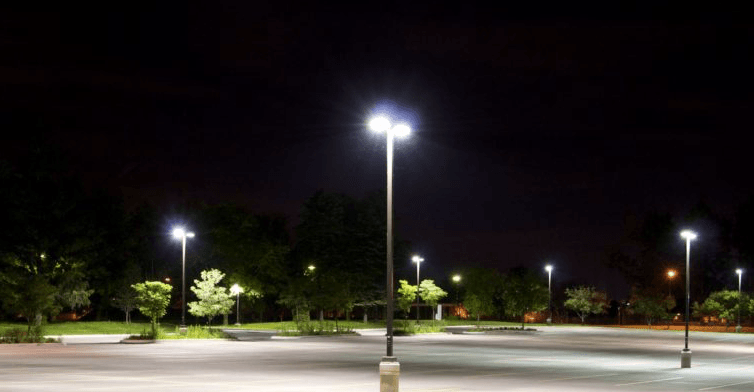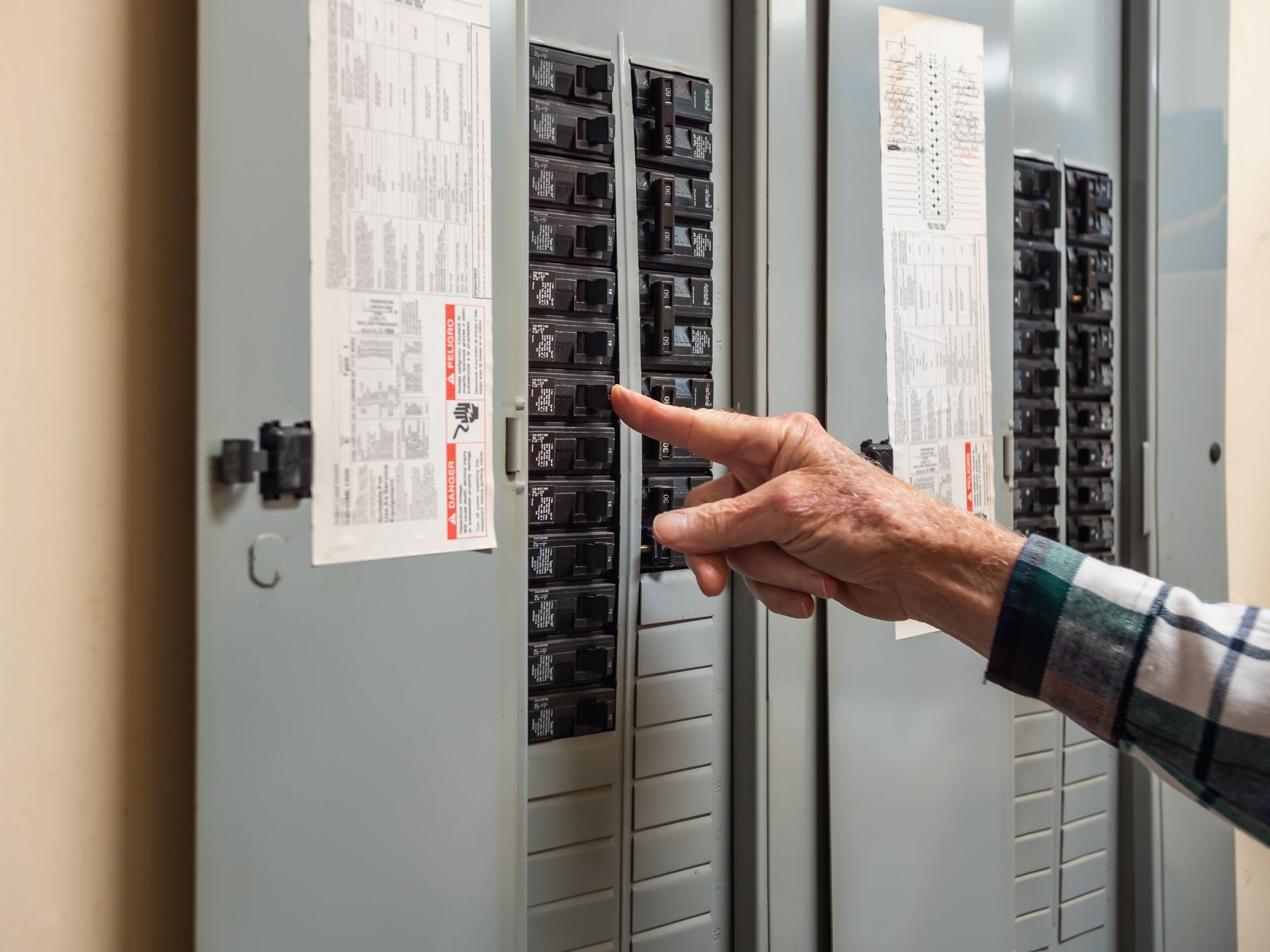Springtime Electrical Issues
Do you experience electrical issues after it rains?
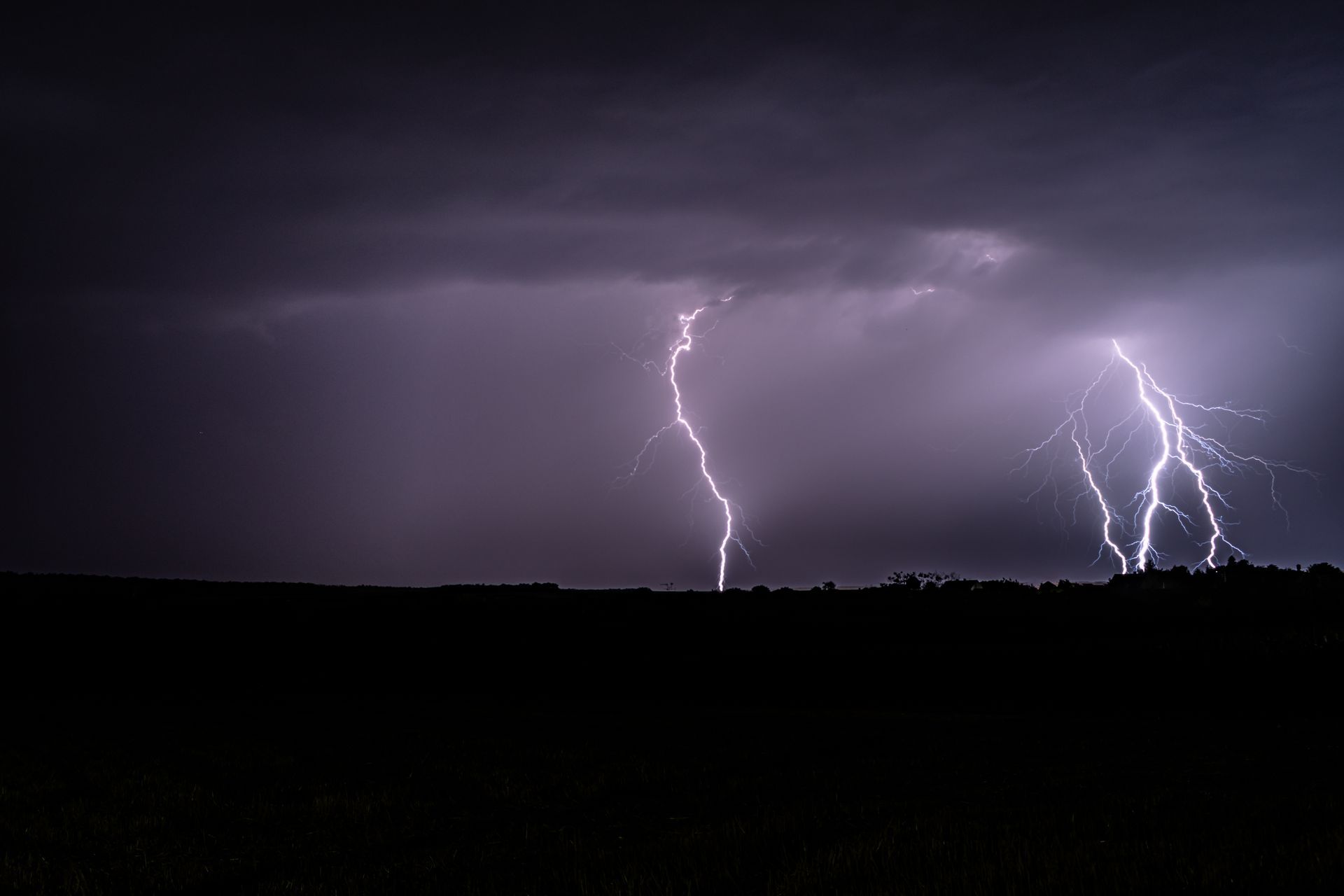
Spring has officially sprung in San Antonio, and rain is in the forecast! Your electrical system is happy when it’s sunshiny outside, but have you noticed any circuit breakers tripping after a rain storm occurs? What in the world would cause this issue?
There could be a few reasons as to why these type of issues happen however, with all the moisture in the air after a storm it sounds as though water/ vapor is somehow invading your electrical system.
If you aren’t addressing this type of situation head on, it could potentially become a very serious hazard; and quickly.
Electricity and water are not friends, especially in and around your home.
Let’s look at some issues, as well as preventive measures against moisture:
Weatherproof Outlet covers:
Inspecting you home’s exterior Outlets for damages is something you should do every now and again. All exterior outlets should have a waterproof cover, which allows protection from the elements. Rain or moisture can make its way into the exterior outlets and cause them to foul and trip the GFCI outlet or both the outlet and the Circuit Breaker.
In the event you do not have the GFCI protected outlets on the outside of your home, you should have them updated; as the current electrical code states that all wet areas of a residential dwelling (Kitchen, Laundry Room, Bathrooms, Wet Bars, Garages, Exterior of Home) should be protected with Ground-Fault Circuit Interrupter (GFCI) Receptacles. This technology contains its own small circuit that will trip the outlet when it detects a short circuit, to avoid it reaching the Circuit Breaker.
Outdoor Lighting/ Light Fixtures:
Many homes in the San Antonio area are decorated with outdoor lighting for decor or security. Due to bad weather elements, animals, or even usage; lighting fixtures can become cracked and/ or damaged.
If the casing or housing of an outdoor fixture in compromised, water can invade and foul a fixture quite quickly, and trip your circuit if moisture is present in the fixture.
Leaky Roof:
If you’re experiencing Circuit Breakers tripping when it rains, you should always check the roof for leaks in your attic. Leaks in your roof can be the culprit for breaker trips whenever there is a heavy rain. Water present in an attic space can be problematic as the attic space is where most of your home’s wiring is located. This can pose a fire risk as well. While you’re at it; check around any exhaust fans in the attic. Check for leaks and make certain to look for obvious signs of moisture in the space as well; like mold or wet insulation.
Outdoor Extension Cords:
Do you by chance have any extension cords powering up outside light fixtures or electrical items? If so, you may check them for damage. This could also be an issue where, over time, the elements damage or crack the exterior sheath of an extension cord; causing water to infiltrate the inside of the cord.
Once that happens, a simple sprinkler, rain shower, even early morning dew; can cause the cord to become wet and; voila! We have a tripping Circuit Breaker. And no matter what, you should never use an indoor rated extension cord for outdoor use, and you should really only utilize extension cords for a short period of time. Having GFCI receptacles installed for a permanent outlet is the best and safest way to go for your residential home in San Antonio.
Service Panel :
Once a Circuit Breaker Trips in your Service Panel; upon resetting it, make certain to listen for any buzzing, and also make sure the Circuit Breaker Switch is not warm to the touch. These could also be signs of moisture in the Service Panel, which should be addressed sooner than later.
If your Service Panel Box is rusty, that is also indicative of moisture related damage. If you’re having Circuit Breakers Trip often, and can find no other reason, this may be something to have checked out by an experienced and licensed Electrician.
Electricity enters into your home through its wiring from the Service Panel. The Circuit Breakers in your Service Panel(s) are the homes defense from any overloads that may occur. If the amperage being brought through a Circuit is too high for that particular Circuit; damages can be the result. The Circuit Breaker monitors the constant flow of electricity, so in the event the Circuit gets overloaded, the Circuit Breaker will trip to stop the flow of electricity to avoid damage.
The experienced and licensed electrician’s at Bolt Electric; specialize in Electrical Service and Repair in the San Antonio area. If you’re needing some troubleshooting to diagnose any electrical issues you may have in your residential home; such as Circuit Breakers tripping, Service Panel issues, or replacing any defective Light Fixtures, GFCI Outlet repairs, or installations. If you're looking to add extra protection for your electrical system; to avoid damages caused from power surges, Bolt Electric is also well versed at Whole Home Surge Protection installation.
We’re only a phone call away.
Our friendly staff is waiting to take your call and we can’t wait to work with you!
BOLT ELECTRIC, LLC
18847 REDLAND ROAD, SUITE 105
SAN ANTONIO, TEXAS 78259
(210) 545-BOLT (2658)



